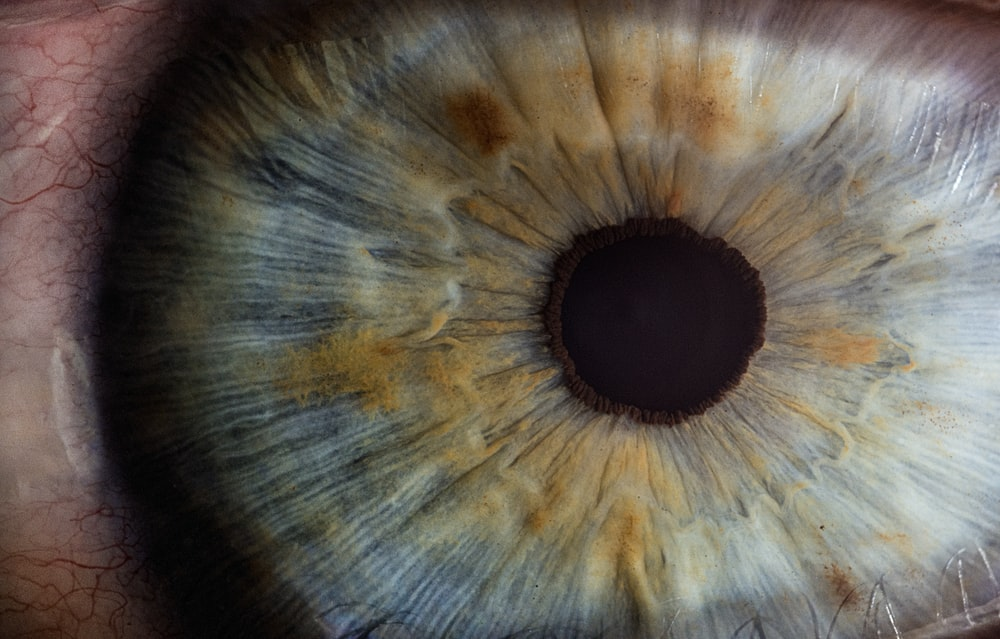How It's Made: Ophthalmic Lens

Ophthalmic lenses are used in optical glasses to correct or enhance the vision of the wearer. They correct visual impairments and refractive errors like nearsightedness, farsightedness, and astigmatism in people, so they can better see far and/or near objects.
You can learn a lot more about nearsightedness and farsightedness by reading our article on the subject, 'Difference Between Nearsightedness and Farsightedness' by clicking here. (Please link blog of same title here)
Each ophthalmic lens, required to overcome these refractive errors, is made in an optical laboratory at an ophthalmic lens manufacturing facility. Let's discuss how it's made in an optical laboratory, at a top manufacturing facility, and what the process entails.
How It's Made: Ophthalmic Lens
Ophthalmic lenses are made to order depending on the needs of the user. Here is a step-by-step breakdown of how complex machinery and computerized systems at a top optical laboratory are used to produce custom ophthalmic lenses.
Cast Molding
The process begins by injecting the raw material of the lens, like monomer, into a mold, or cast. The material is then hardened by precise heating and the surface of the resulting product is ground and cleaned for a clean and smooth finish.
Grinding & Polishing
The lens goes through a rough grinding and cutting process in 'generators'. This process only roughly grinds down the surfaces to create curves, according to the user's specifications.
The ophthalmic lens is then put into a separate machine, which uses diamond blades to accurately and precisely grind the lens as per the user's requirements.
Next, the lens is polished, shined, and cleaned to remove any elements or substances.
Inspections
The lens is then inspected for external and optical precision and surface accuracy to see if it can proceed to the next step. If the lens passes the inspection it is moved along in the process.
Tinting (Optional)
If the lens requires tinting, or coloring, of any kind, then they go through the tinting process. The lens is tinted as per its coating specifications and inspections are made using high-quality meters and the skills of experienced technicians.
Coating
Coating can only be done in a clean room because the humidity and temperature need to be controlled. The lens goes through an ultrasonic cleaning process and coated with hard coating liquid and then hardened.
It is cleaned again with ultrasonic cleaning and the required multi-coating is done to prevent tainting, watermarks, or increased or decreased refractions.
Edging (Optional)
Depending on the requirements from the store where the order was placed, the lens can be edged to form the shape of the glasses they will be fitted into. This is done on a computerized scraping machine. Often stores will do this process themselves if they have the equipment.
Quality Check
Lastly, the ophthalmic lens goes through a final inspection where optics, exterior, tint, and coating are all checked using testing equipments, and technicians give it a final approval before packaging them for delivery to the store.
Conclusion
Ophthalmic lenses are a product of precise machine work, testing, and inspection by skilled and experienced technicians. They go through strict processes and are only allowed out of the optical laboratory and manufacturing facility after the approval of testing equipment and technicians.
If you want to learn more about ophthalmic lens and how they’re made or require the best ophthalmic lenses for your business, visit our website today.




